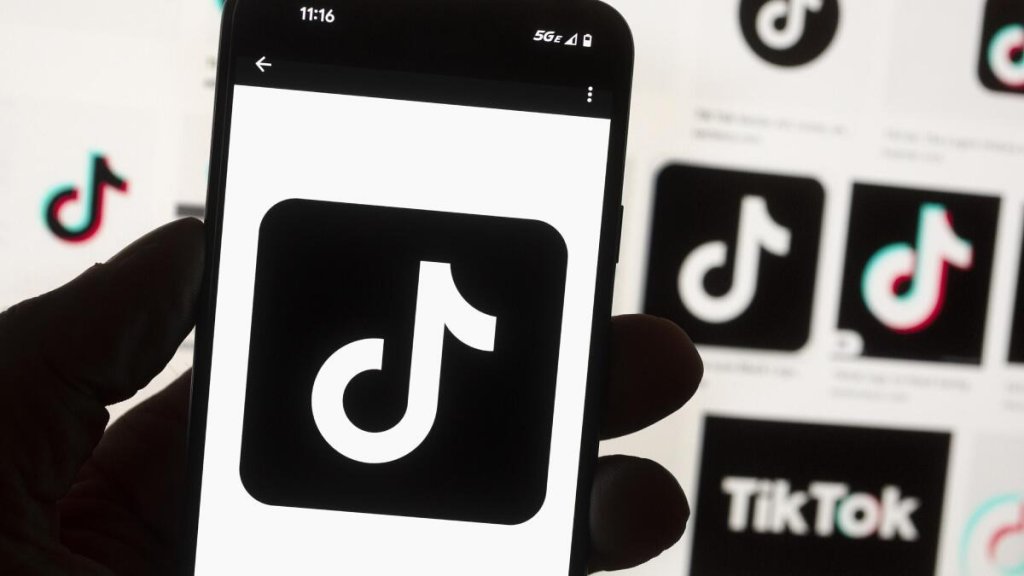TikTok, the popular video-sharing app owned by Chinese company ByteDance, has been facing increasing restrictions and bans in various countries worldwide. Governments around the world are expressing concerns over privacy, cybersecurity, and potential ties to the Chinese government.
TikTok Bans Globally
Here’s an overview of the countries that have implemented partial or total bans on TikTok:
Afghanistan
The Taliban banned TikTok in April 2022, citing content that wasn’t consistent with Islamic laws.
Australia
In April 2023, Australia banned TikTok from all federal government-owned devices due to security concerns raised by the Department of Home Affairs.
Belgium
Belgium temporarily banned TikTok from government officials’ work phones, expressing concerns about cybersecurity and cooperation with Chinese intelligence services.
Canada
Canada banned TikTok from all government mobile devices in early 2023, citing an unacceptable level of risk to privacy and security.
Denmark
Denmark’s Defense Ministry banned TikTok from employees’ work devices due to security considerations assessed by the country’s Center for Cyber Security.
India
India implemented a nationwide ban on TikTok and 58 other Chinese apps in 2020, citing prejudicial activities and national security concerns.
The Netherlands
While not an outright ban, Dutch officials discouraged the use of TikTok on employee work phones, particularly from countries with offensive cyber programs.
New Zealand
New Zealand’s parliament announced a ban on TikTok on all staff devices based on cybersecurity experts’ advice.
Norway
The Norwegian Parliament banned TikTok on governmental devices in March 2023, with exceptions for civil servants on professional grounds.
Taiwan
In December 2022, Taiwan implemented a prohibition on TikTok’s use within the public sector following a national security alert issued by the FBI.
United Kingdom
British government ministers were banned from using TikTok on work phones and devices, following reviews by the UK’s National Cyber Security Centre.
United States
The United States required ByteDance to divest TikTok or else confront a complete prohibition of the platform within the nation. Federal agencies were asked to delete the app from staff phones, and the White House doesn’t allow TikTok on devices. The future of TikTok in America remains uncertain.
- Several other countries, including Pakistan and France, have also implemented temporary or partial bans on TikTok due to various concerns.
The bans on TikTok in various countries highlight the global concerns surrounding its security, privacy, and potential data sharing with the Chinese government. Governments are actively assessing the risks, leading to ongoing debates about TikTok’s future presence in different nations.
Conclusion
Despite facing challenges such as ongoing debates in the U.S. and other countries regarding potential bans, TikTok’s efforts to address concerns and its commitment to data security are pivotal for its future. The platform’s popularity remains robust, particularly among younger users, providing a creative outlet for content creators worldwide.
As TikTok navigates the regulatory landscape and addresses security and privacy concerns, the outcome will significantly impact its presence in different countries and its ability to maintain its user base. Striking a balance between innovation, entertainment, and data protection is key for TikTok’s sustained success on the global stage.


















